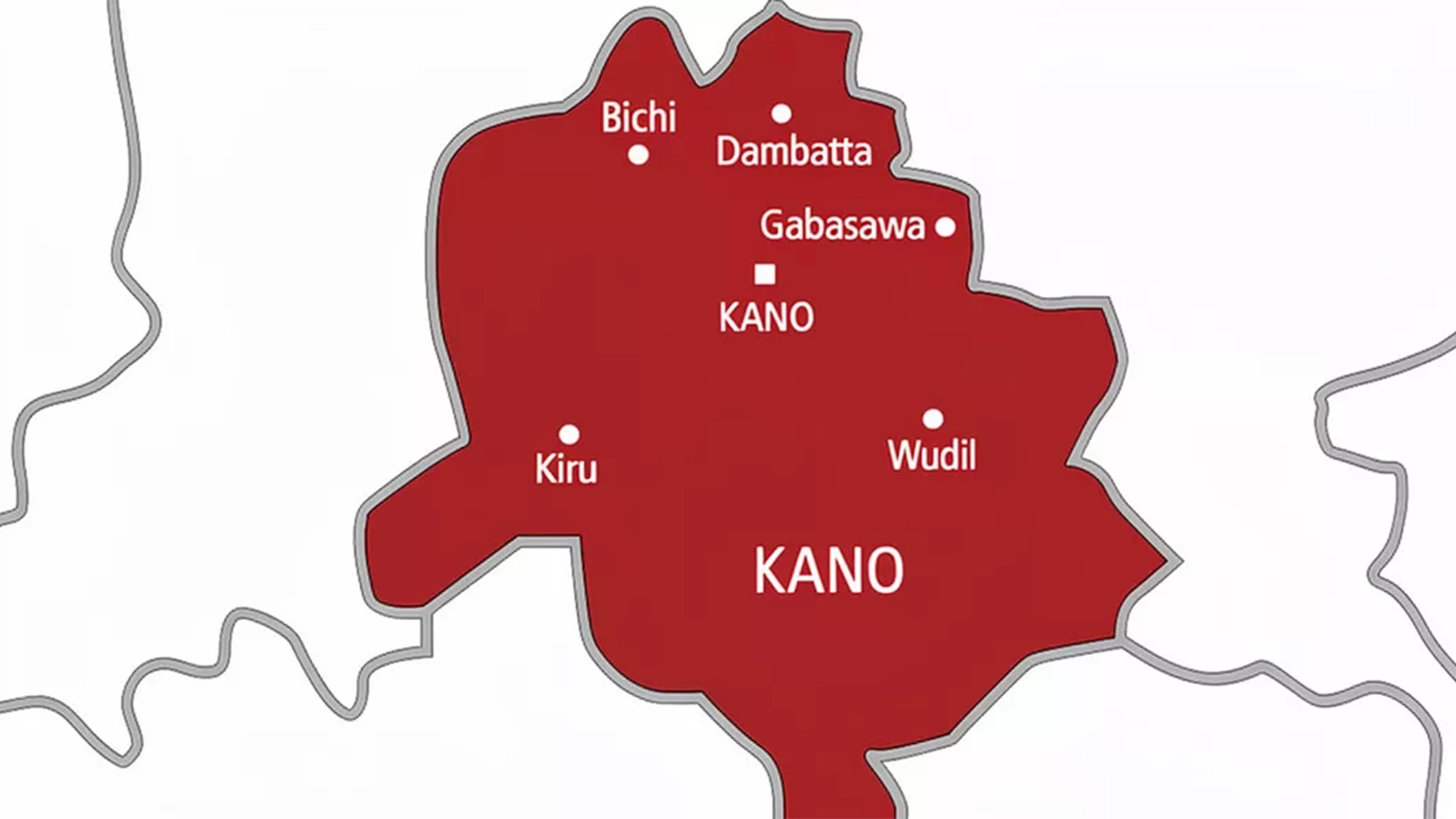 The National Chairman of the National Agricultural Commodities Projects (NACP) and Country President of the Universal Institute of Professional Management (UIPM), Dr. John Adekorede Aderibigbe, has expressed deep concern over Nigeria’s current state, warning that the nation is “bleeding” due to worsening economic conditions and insecurity.
The National Chairman of the National Agricultural Commodities Projects (NACP) and Country President of the Universal Institute of Professional Management (UIPM), Dr. John Adekorede Aderibigbe, has expressed deep concern over Nigeria’s current state, warning that the nation is “bleeding” due to worsening economic conditions and insecurity.
In a passionate address, Aderibigbe called on President Bola Ahmed Tinubu’s administration to rescind policies that, according to him, are contributing to widespread suffering, hunger, and hardship.
He singled out the sharp increase in fuel prices, which he said has disproportionately affected small households in rural areas, informal sectors, and Nigeria’s agricultural heartlands.
“The increase in fuel pump price has worsened the livelihood of millions, especially in rural communities and the agricultural sector. The rise in minimum wage from N30,000 to N70,000 has become meaningless due to the astronomical hike in fuel prices, which has led to soaring costs of food, groceries, healthcare, transportation, and virtually every aspect of daily life,” Aderibigbe stated.
Aderibigbe, a United Nations ECOSOC Special Consultative Status Member, cautioned that if immediate steps are not taken to address these issues, Nigeria may face a mass revolt, potentially leading to nationwide unrest.
He likened the nation’s precarious situation to that of countries like Sri Lanka, Greece, Burkina Faso, and Mali, which have faced political instability and uprisings due to similar economic challenges.
“If food is no longer within reach of the common man, the next step is revolution. For Nigeria not to go the way of these other nations, President Tinubu must initiate national intervention schemes and engage government agencies, ministries, and parastatals in the proper implementation of policies,” he stated.
He urged the president to move beyond political maneuvering and focus on addressing the realities of the people, stressing that “nothing is working in the country” and that the administration has yet to deliver meaningful achievements after its first year in office.
Aderibigbe advised that the government should engage key stakeholders across sectors such as agriculture, health, and real estate, who have decades of experience and a deep understanding of the challenges facing their industries.
He said that by involving these experts, the government can create policies that will positively impact the economic situation and offer hope to the suffering masses.






